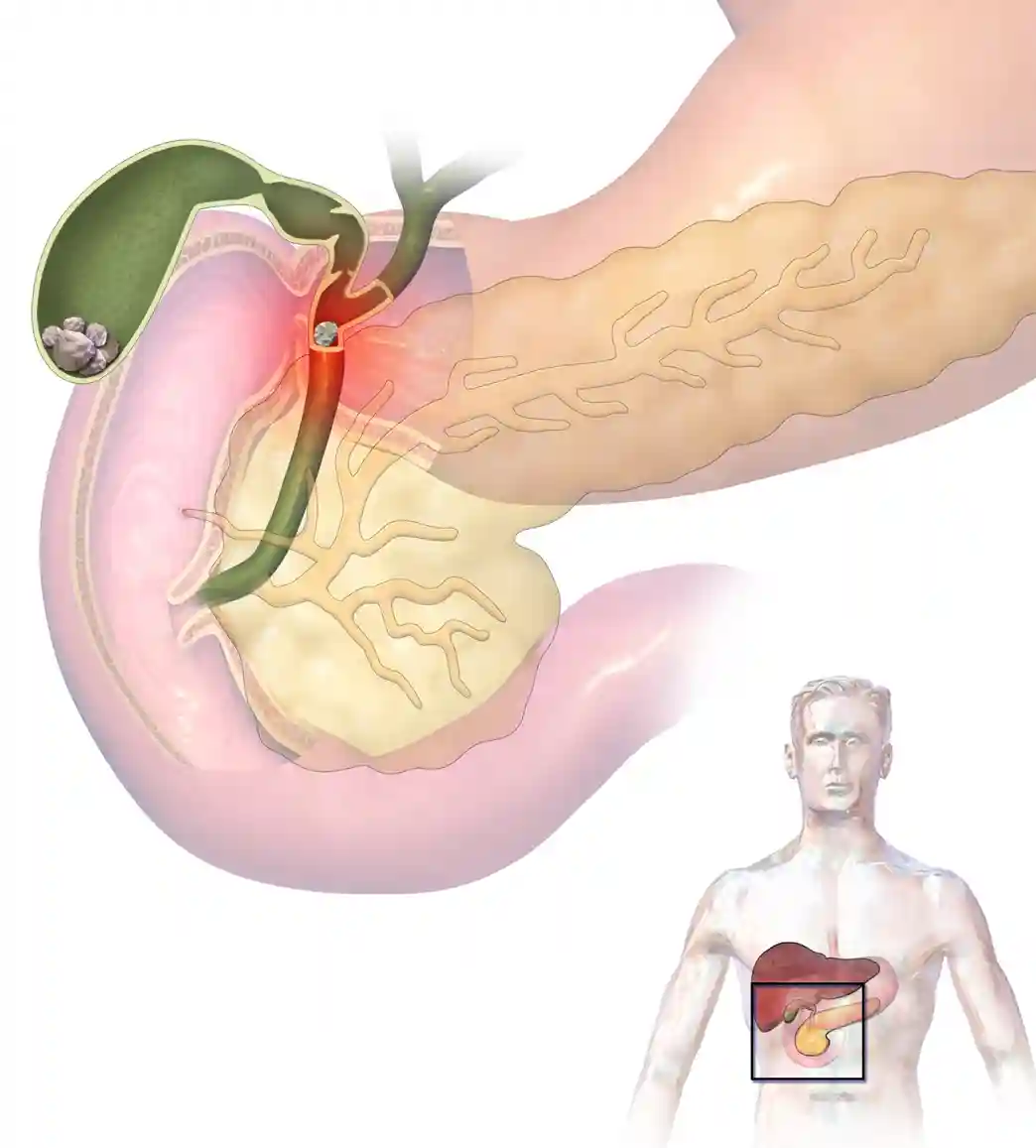Celiac.com 12/19/2023 - Celiac Disease is an immune-mediated disorder, primarily impacting the small intestine, though it is also known to affect extra-intestinal organs. Liver changes are common in celiac disease patients, and can even reach the biliary tract, notably impairing gallbladder function.
Researchers recently delved into the pathophysiological aspects, and clinical evidence, surrounding gallbladder dysfunction in people with celiac disease.
Celiac.com Sponsor (A12):
The research team included Dimitri Poddighe, Kuanysh Dossybayeva, Diyora Abdukhakimova, Lyudmila Akhmaltdinova, and Aigul Ibrayeva. They are variously affiliated with the Department of Medicine, Nazarbayev University School of Medicine, Nur-Sultan, Kazakhstan; the National Research Center for Maternal and Child Health, Clinical Academic Department of Pediatrics, University Medical Center, Nur-Sultan, Kazakhstan; the National Research Cardiac Surgery Center, Nur-Sultan, Kazakhstan; and the National Research Center for Maternal and Child Health, Program of Pediatric Gastroenterology, Clinical Academic Department of Pediatrics, University Medical Center, Nur-Sultan, Kazakhstan.
One key sign of gallbladder dysfunction in celiacs is the perturbation of cholecystokinin secretion, mainly triggered by specific duodenal entero-endocrine cells in response to nutrient stimulation. This leads to gallbladder dysmotility, which is marked by impaired emptying during the digestive phase. Fortunately, this gallbladder impairment appears reversible in many cases with the adoption of a gluten-free diet.
Surprisingly, despite gallbladder dysfunction, celiac patients don't seem to be more susceptible to gallbladder complications, such as calculous, and acalculous cholecystitis. However, this conclusion does lack supporting evidence due to the scarcity of clinical studies investigating these specific clinical aspects.
The researchers emphasize the potential impact of improved celiac disease diagnosis and related dietary treatments over the last two decades. These advancements, which have led to a reduction in diagnostic delays, might have contributed to minimizing the clinical consequences of gallbladder dysfunction associated with celiac disease.
While there's a current lack of substantial evidence regarding the predisposition to gallbladder complications in celiac disease patients, the research team calls for dedicated clinical studies. Such studies could help to shed light on the intricate relationship between celiac disease and gallbladder impairment.
Actively exploring these aspects will help healthcare professionals to refine their management of gallbladder issues in people with celiac disease, potentially improving overall patient outcomes.
Read more in Nutrients 2022, 14(20), 4379










Recommended Comments
Create an account or sign in to comment
You need to be a member in order to leave a comment
Create an account
Sign up for a new account in our community. It's easy!
Register a new accountSign in
Already have an account? Sign in here.
Sign In Now